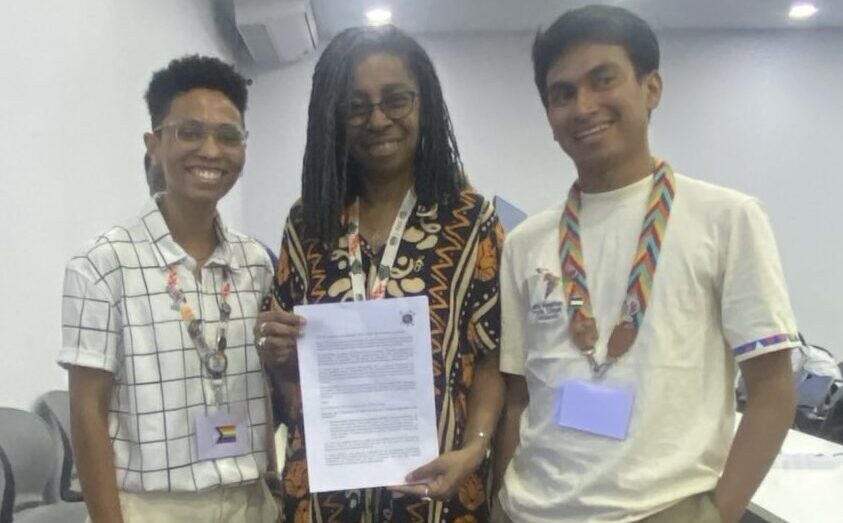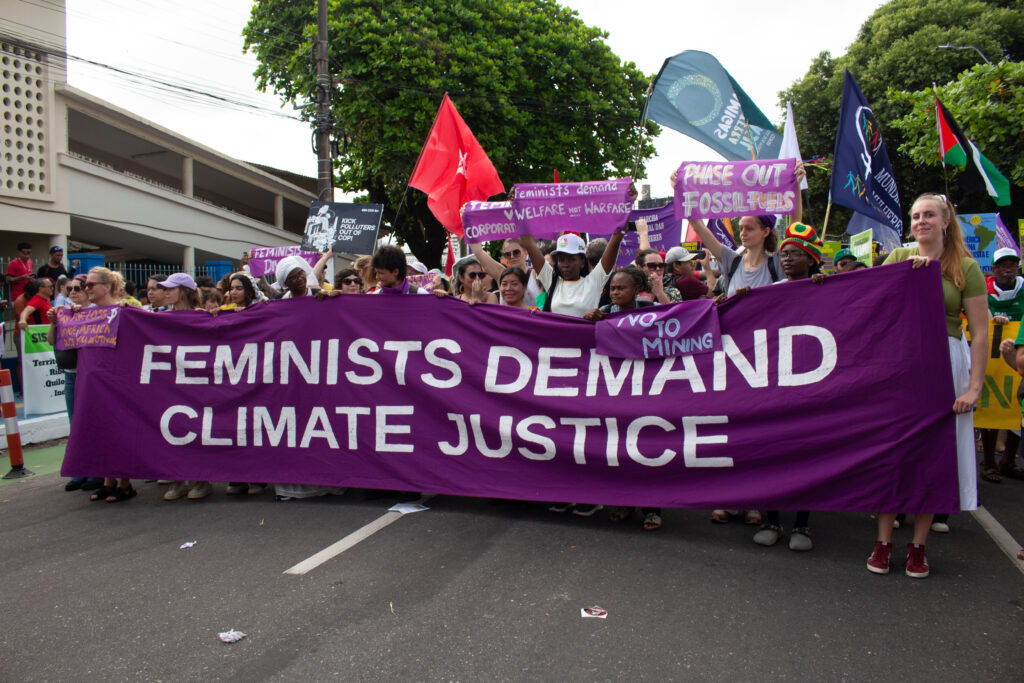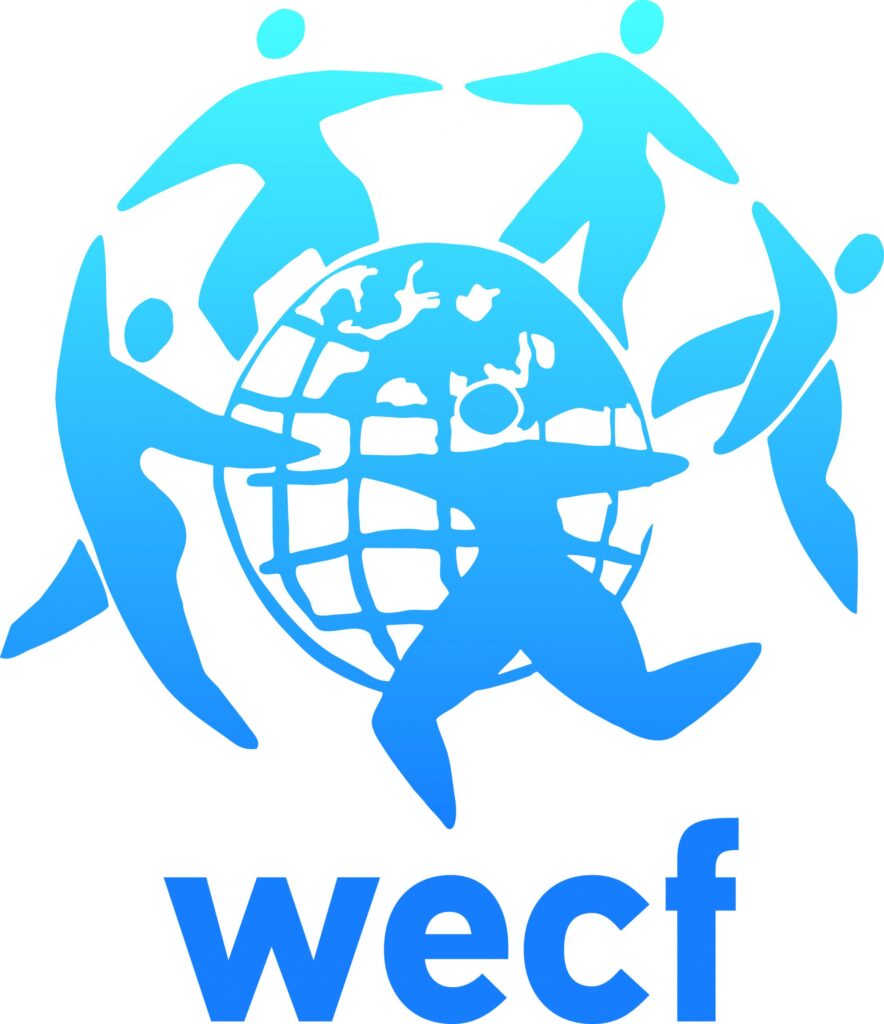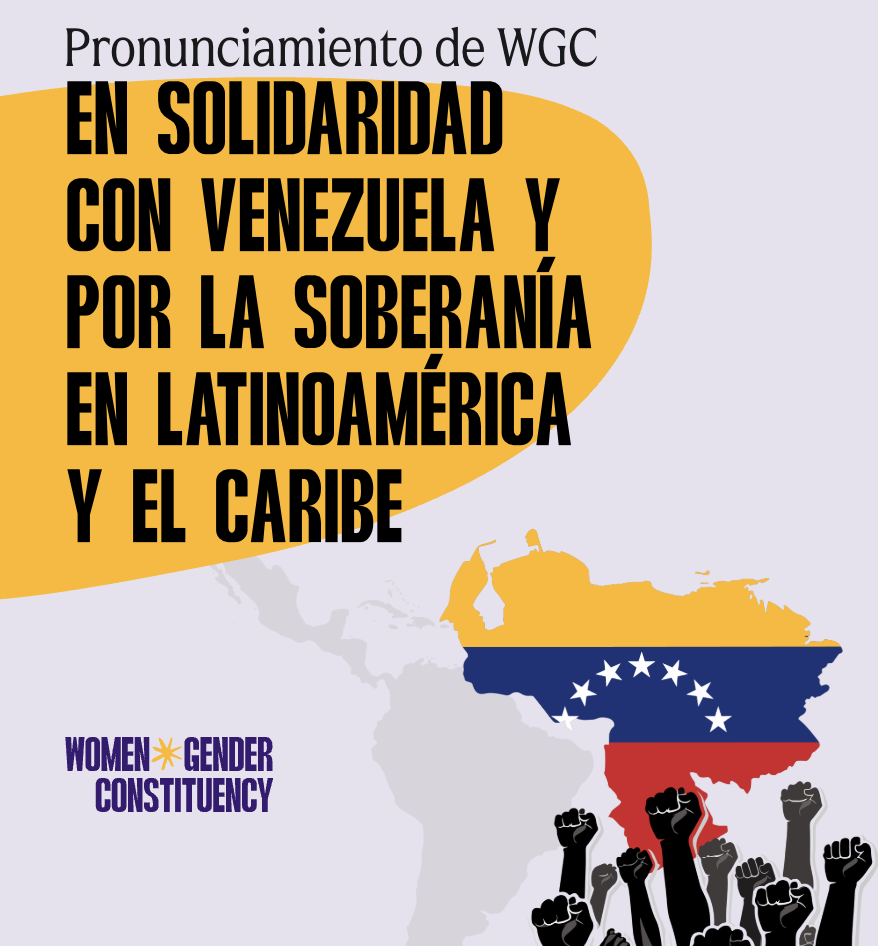
Gender responsive energy cooperatives: a social business model to implement renewable technologies within Georgia‘s climate strategy
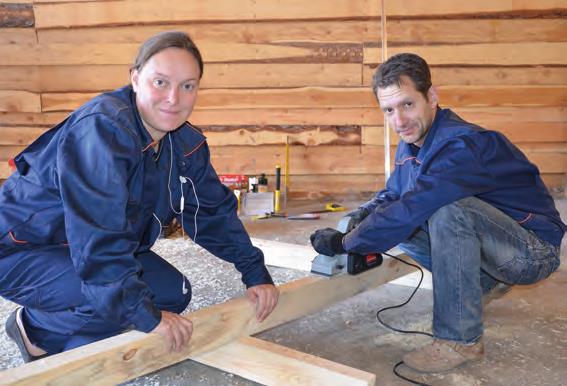
Description of the project:
WECF and local partners facilitate the development of energy cooperatives as successful and sustainable business models by providing workshops, mentoring and knowledge exchange with international experts. Energy efficiency and renewable energy technologies are made accessible for a broad public, including women, through information events and citizen participation. These co-ops will support the gender sensitive NAMA (National Appropriate Mitigation Action) on sustainable rural energy in Georgia. Analysis of results show various co-benefits, e.g. reduced labor burden for women, increased awareness on renewable energy and energy efficiency, reduced costs for energy.
Climate Impact:
Households in rural areas of Georgia spend approximately 30% of their income on energy: they depend on firewood for cooking, and heating. This results in heavy CO2 emissions and deforestation. This project reduces emissions by 1 ton CO2 per household. It also reduces Georgia’s dependence on imported fossil fuel. Rural territories become more climate resilient as there is less land degradation and deforestation. Energy cooperatives increase social cohesion and the share of renewable and affordable energy in the country’s energy market.
Gender Impact:
WECF promotes gender equality by: 1. Empowering women and men equally in cooperative structures and projects that foster citizen participation and political involvement, 2. Reducing women’s unpaid labor burden, improving women’s health by reducing indoor air pollution and comfort by increasing availability of heat; 3. Ensuring that women and men participate equally in the energy cooperatives with at least 40% women in the management and supervisory boards.
Scalability / replicability:
Energy cooperatives combine economic and technical know-how about energy technologies (e.g. solar collectors), ensuring efficiency and high quality services. The business models are self sustaining and can thus be replicated in other regions. The initiatives have been integrated in the Georgian Climate and Energy Policy for further upscaling. The promoted technologies have a pay back period of three years. The economic advantages and financial mechanisms (NAMA & a lease purchasing scheme via energy cooperatives) will create a high demand for solar and energy efficient technologies.
read the latest from our network
We work across regions and movements in deep solidarity. Together, we’re building collective advocacy to global problems.

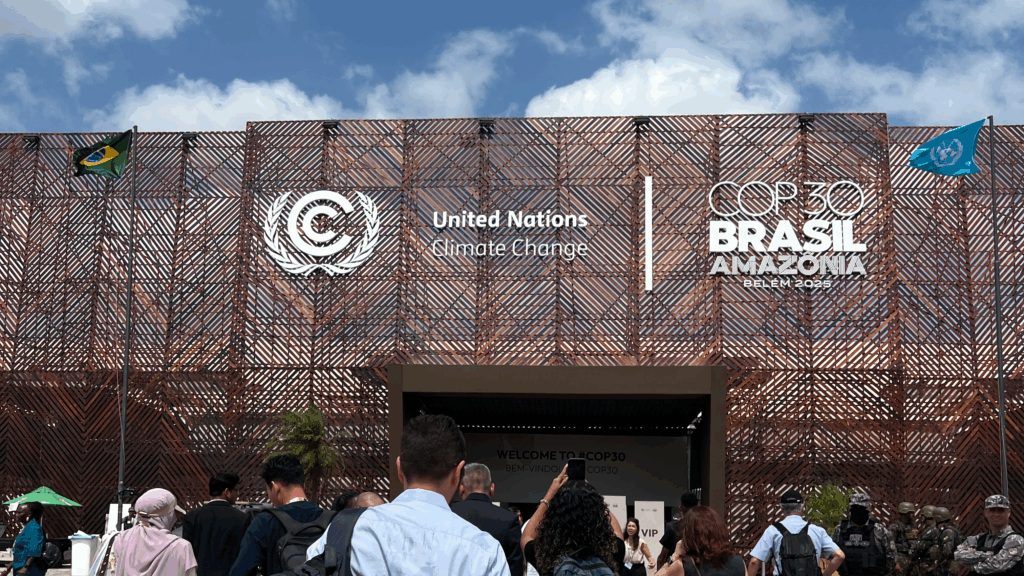

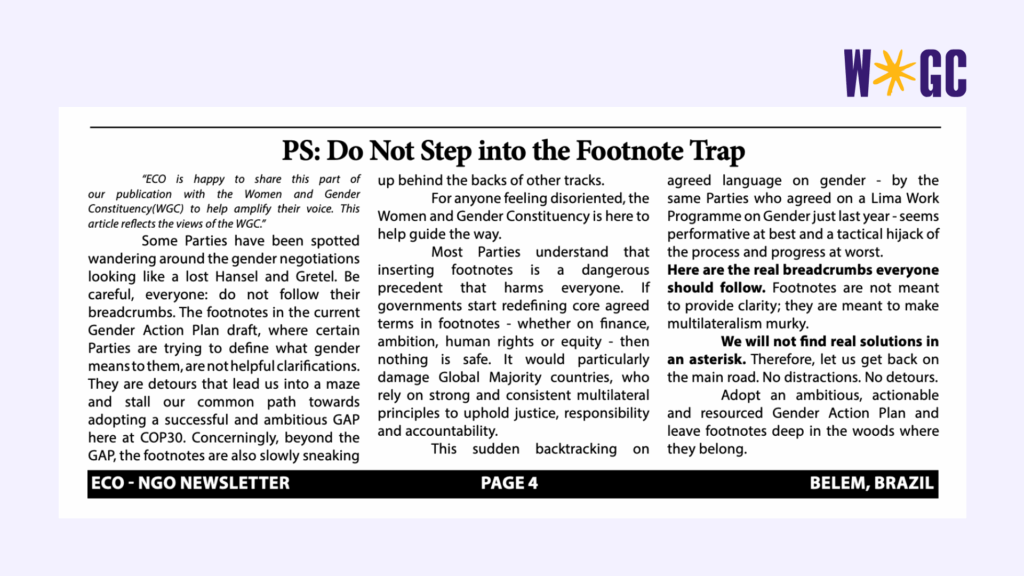
PS: Do Not Step into the Footnote Trap
19/11/2025




